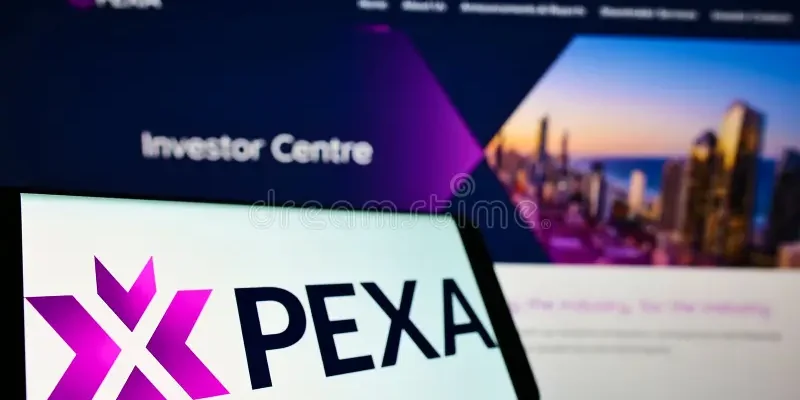Know your customer and looking for the AML red flags
In explaining what’s ahead in the introduction of anti-money laundering and counter terrorism financing reform, AUSTRAC CEO Brendan Thomas says, if something looks suspicious, then raise it.

CONVEYANCERS preparing for AML/CTF compliance have been given a heads-up on some of the “red flags” they will be expected to look out for.
Speaking on the Australian Conveyancer’s inaugural Settlement Day podcast, AUSTRAC chief Brendan Thomas indicated it’s largely a matter of KYC: Know Your Customer.
An obvious red flag would be an offer of a cash deposit. Or a large amount of money in whatever form, from someone whose wealth cannot be explained.
Such as the “housewife” cited by AUSTRAC who paid $35 million for a Sydney property.
Beyond that, conveyancers and agents need to sight positive proof of identity.
“I mean, real estate transactions are often the largest purchase a person will make in their life,” Thomas told his Settlement Day guests.
“It’s not too much to think that you need to prove who you say you are to make that kind of transaction. If someone refuses to do that, that might be a cause for suspicion.”
Acceptable documents might include photographic ID like a passport or driver’s licence, backed up by non-photo ID like a birth certificate, Medicare card, or utilities bill.
Key requirements are that the ID include a full name, address, date of birth, and be verifiable.
That said, the client might be a non-resident buyer, a company, a trust, or an agent acting on behalf of a third party.
“We do see money being laundered through company structures,” Thomas added.
“If you can’t see who the real client is, or who the beneficiary of that transaction is, and that’s being obfuscated or hidden, that can be a cause of suspicion.”
Suspicion alone is no reason to suspend dealing, but it might be cause for a report to AUSTRAC.
“What we never really do is ask people to stop transactions,” Thomas said.
“We get hundreds of thousands of suspicious matter reports from banks every year. And most of those involve transactions that continue.”
But, he added, if a practitioner knowingly deals with a criminal and knowingly handles the proceeds of crime, that is an offence.
Overall, however, he expects the vast bulk of conveyancer dealings will be perfectly legitimate. “They’re regular people, doing regular real estate transactions.”
Watch the Settlement Day video podcast in full now






